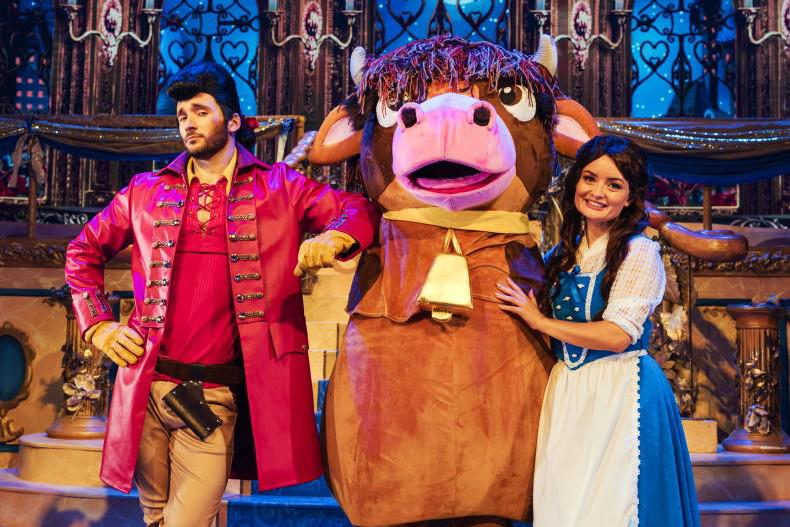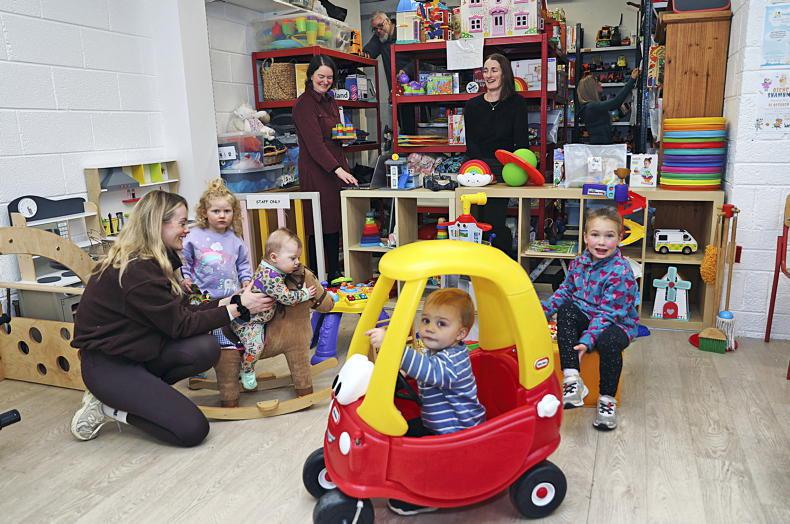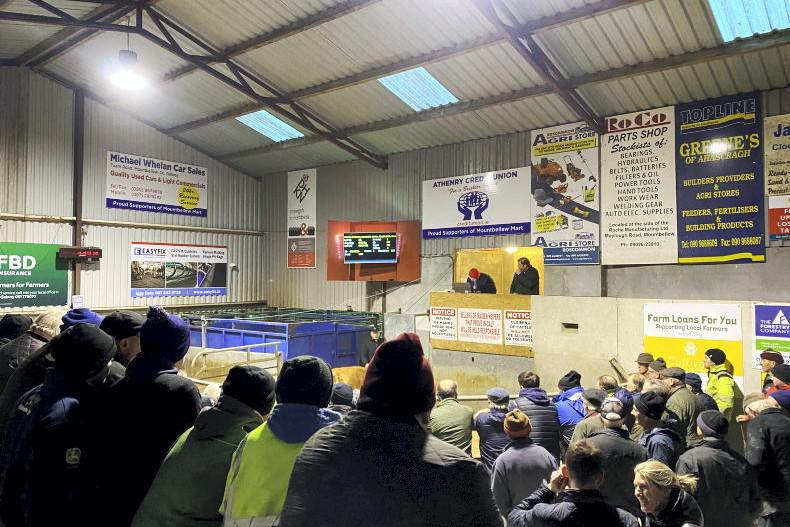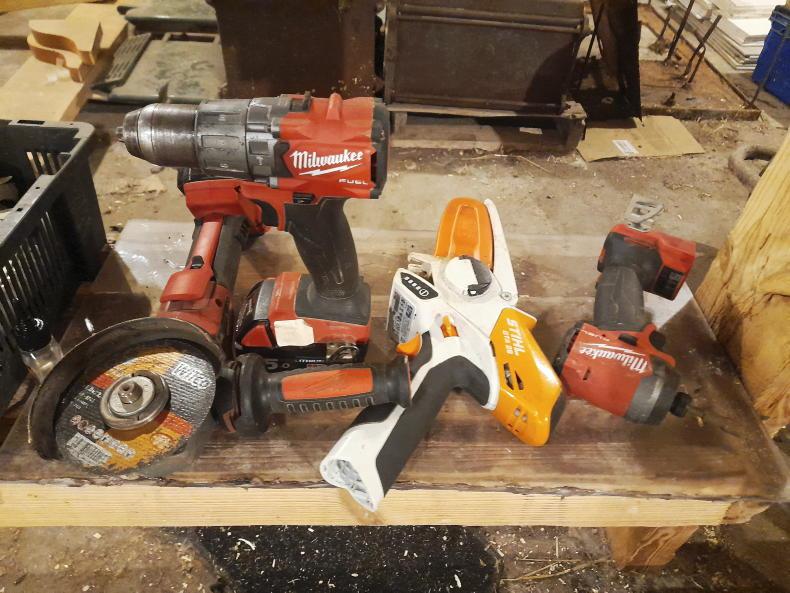Catherine Hallissey grabs my attention easily with one line; “there are perfect parents, they just haven’t had any kids yet.”
“Parenting is hard” the Cork-based psychotherapist tells me, and for this reason, she believes that every parent should have access to a parenting coach to point them in the right direction.
She explains: “When you are in the thick of the everyday, it’s very hard to see the answer that’s right there but as an outsider, that answer can be obvious to me and it’s just a matter of helping people see and build on their own skills.”
While noting that anxiety is the most common mental health condition in childhood, she says that the good news is that it is also the most treatable. However, there are situations which may not appear to be anxiety at first. An example, Catherine says, is anger management issues which are often underlying anxiety. “There’s really super research that shows that parent led intervention is highly effective but parents need access to high-quality intervention themselves.
“Anxiety is contagious, so when the child is in the midst of anxiety, the parent often gets anxious themselves. You’ve got all these future fears of ‘oh my god, if she’s like this at eight, what’s she going to be doing at 16?’
“The parent’s job is to hold the child and my job is to hold the parents, so that the parent can then hold the child, and in that way the child has access to this high quality therapeutic parenting day-in-day-out. This brings much greater gains than a 45 minute session once a week,” she says.
While acknowledging that there are always going to be young people who need the one-to-one support of a psychologist, in modern day parenting, Catherine says: “We have lost the whole village surrounding us, we have lost all of that informal support.”
Self-care can be as simple as closing the door and having a cup of coffee
One of the biggest changes that she has seen in her classes is the recognition by parents that they need to take time out for themselves. On this, she says: “Self-care can be as simple as closing the door and having a cup of coffee, it could be a swim in the sea – it’s whatever fills your own cup. When you are looking after yourself, that’s the foundation from which great parenting can arise.”
HOW MANY ACTIVITIES ARE TOO MANY?
In response to my query on how best to support children’s mental health, Catherine says that the most important thing is “one on one connection time. The first intervention that parents are encouraged to do is some special time every day but instead parents are killing themselves bringing children places and all that free time is being eroded.
“So we’re doing these things to try give our children opportunities, but we’re actually shrinking their free time, shrinking free play, shrinking family time and these are the things that actually protect mental health.
“It’s very hard to find a balance as you also have to think about different temperaments. You can have really extrovert kids who thrive with loads of activities and you can have other children who need way more downtime; for whom two activities a week is too much. There is no right or wrong number of activities.”

She explains why building this connection early in a child’s life is so important.
“If you are not focusing on being with your children and suddenly you try and have a big conversation with them, about war, about periods, about the facts of life, any of those kind of things, you don’t have that very strong connection. If you want your children to tell you the big stuff, you’ve got to be interested when they tell you the small stuff because to them, it’s all big stuff.”
GETTING ON THE SAME PAGE
When both parents attend sessions is best, Catherine says, but this happens only 30% of the time in her experience as there is usually a lead parent. Unsurprisingly therefore, one of the biggest issues that comes up, is the question of how to get both partners on the same page?

Catherine Hallissey is a renowned psychologist, guest lecturer, media contributor and corporate speaker who helps parents harness the power of relationship and connection to address parenting challenges, create more peace and harmony at home and help children become more confident and resilient.
“I have a masterclass called ‘parenting on the same page and what to do when you’re not’. It’s not about trying to change your partner. It’s literally about finding the parenting style that suits your temperament. Often what happens is one parent will see how this is working for the other and they naturally start to adopt this.”
In terms of being resilient, Catherine said that it is almost like you’re holding them in your hands and allowing them to unfold into who they’re meant to be, not we must do this, and we must do that, it’s just “we must be”. She poses a question and answer: “So what helps you as a parent to ‘just be’? You always start with yourself. Then you can really see how looking after yourself is so important, because then we are not projecting our own fears on to our children.
THAT’S NOT FAIR
“We all want to be treasured, uniquely. A mistake I see parents making is trying to make things fair, trying to make things equal. But this search for equality actually encourages comparison, whereas if you think in terms of, how do I meet my children’s needs uniquely? How do I love them uniquely? How do I see them rather than being obsessed with making things fair?” she advises.
How do you manage what you can’t control, I ask?
“When trying to counteract messages that they’re getting outside the home, a strong family culture is important – who we are!
If you want them to withstand peer pressure, then you need to start by withstanding peer pressure yourself. If you don’t want them comparing themselves negatively to other people, then you need to not compare yourself negatively and you need to not criticise others because you’ve got to be the adult you want your kids to be.
Catherine works with children on any mental health issues they are experiencing but also parents.
Her masterclasses include ‘how to speak in a way that your children really hear you’, ‘raising well behaved kids without bribing or punishing’, ‘raising resilient kids’ and ‘sibling rivalry - from fighting to friendship’.
Details are available on www.catherinehallissey.com
Read more
Youth or distance are not protection from war anxiety
Sex education is more than just ‘the big talk’
Catherine Hallissey grabs my attention easily with one line; “there are perfect parents, they just haven’t had any kids yet.”
“Parenting is hard” the Cork-based psychotherapist tells me, and for this reason, she believes that every parent should have access to a parenting coach to point them in the right direction.
She explains: “When you are in the thick of the everyday, it’s very hard to see the answer that’s right there but as an outsider, that answer can be obvious to me and it’s just a matter of helping people see and build on their own skills.”
While noting that anxiety is the most common mental health condition in childhood, she says that the good news is that it is also the most treatable. However, there are situations which may not appear to be anxiety at first. An example, Catherine says, is anger management issues which are often underlying anxiety. “There’s really super research that shows that parent led intervention is highly effective but parents need access to high-quality intervention themselves.
“Anxiety is contagious, so when the child is in the midst of anxiety, the parent often gets anxious themselves. You’ve got all these future fears of ‘oh my god, if she’s like this at eight, what’s she going to be doing at 16?’
“The parent’s job is to hold the child and my job is to hold the parents, so that the parent can then hold the child, and in that way the child has access to this high quality therapeutic parenting day-in-day-out. This brings much greater gains than a 45 minute session once a week,” she says.
While acknowledging that there are always going to be young people who need the one-to-one support of a psychologist, in modern day parenting, Catherine says: “We have lost the whole village surrounding us, we have lost all of that informal support.”
Self-care can be as simple as closing the door and having a cup of coffee
One of the biggest changes that she has seen in her classes is the recognition by parents that they need to take time out for themselves. On this, she says: “Self-care can be as simple as closing the door and having a cup of coffee, it could be a swim in the sea – it’s whatever fills your own cup. When you are looking after yourself, that’s the foundation from which great parenting can arise.”
HOW MANY ACTIVITIES ARE TOO MANY?
In response to my query on how best to support children’s mental health, Catherine says that the most important thing is “one on one connection time. The first intervention that parents are encouraged to do is some special time every day but instead parents are killing themselves bringing children places and all that free time is being eroded.
“So we’re doing these things to try give our children opportunities, but we’re actually shrinking their free time, shrinking free play, shrinking family time and these are the things that actually protect mental health.
“It’s very hard to find a balance as you also have to think about different temperaments. You can have really extrovert kids who thrive with loads of activities and you can have other children who need way more downtime; for whom two activities a week is too much. There is no right or wrong number of activities.”

She explains why building this connection early in a child’s life is so important.
“If you are not focusing on being with your children and suddenly you try and have a big conversation with them, about war, about periods, about the facts of life, any of those kind of things, you don’t have that very strong connection. If you want your children to tell you the big stuff, you’ve got to be interested when they tell you the small stuff because to them, it’s all big stuff.”
GETTING ON THE SAME PAGE
When both parents attend sessions is best, Catherine says, but this happens only 30% of the time in her experience as there is usually a lead parent. Unsurprisingly therefore, one of the biggest issues that comes up, is the question of how to get both partners on the same page?

Catherine Hallissey is a renowned psychologist, guest lecturer, media contributor and corporate speaker who helps parents harness the power of relationship and connection to address parenting challenges, create more peace and harmony at home and help children become more confident and resilient.
“I have a masterclass called ‘parenting on the same page and what to do when you’re not’. It’s not about trying to change your partner. It’s literally about finding the parenting style that suits your temperament. Often what happens is one parent will see how this is working for the other and they naturally start to adopt this.”
In terms of being resilient, Catherine said that it is almost like you’re holding them in your hands and allowing them to unfold into who they’re meant to be, not we must do this, and we must do that, it’s just “we must be”. She poses a question and answer: “So what helps you as a parent to ‘just be’? You always start with yourself. Then you can really see how looking after yourself is so important, because then we are not projecting our own fears on to our children.
THAT’S NOT FAIR
“We all want to be treasured, uniquely. A mistake I see parents making is trying to make things fair, trying to make things equal. But this search for equality actually encourages comparison, whereas if you think in terms of, how do I meet my children’s needs uniquely? How do I love them uniquely? How do I see them rather than being obsessed with making things fair?” she advises.
How do you manage what you can’t control, I ask?
“When trying to counteract messages that they’re getting outside the home, a strong family culture is important – who we are!
If you want them to withstand peer pressure, then you need to start by withstanding peer pressure yourself. If you don’t want them comparing themselves negatively to other people, then you need to not compare yourself negatively and you need to not criticise others because you’ve got to be the adult you want your kids to be.
Catherine works with children on any mental health issues they are experiencing but also parents.
Her masterclasses include ‘how to speak in a way that your children really hear you’, ‘raising well behaved kids without bribing or punishing’, ‘raising resilient kids’ and ‘sibling rivalry - from fighting to friendship’.
Details are available on www.catherinehallissey.com
Read more
Youth or distance are not protection from war anxiety
Sex education is more than just ‘the big talk’











SHARING OPTIONS